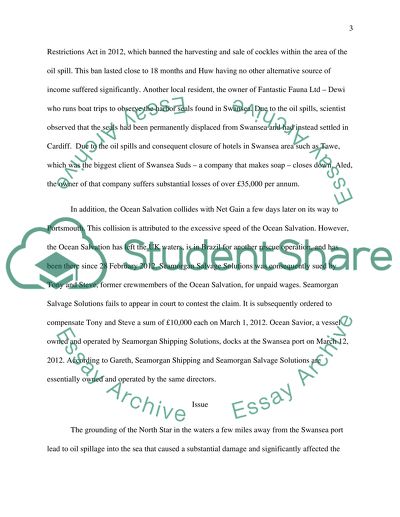Cite this document
(“Admiralty Law: The North Star Case Essay Example | Topics and Well Written Essays - 1500 words”, n.d.)
Retrieved from https://studentshare.org/law/1445360-admiralty-law-i-will-upload-the-question
Retrieved from https://studentshare.org/law/1445360-admiralty-law-i-will-upload-the-question
(Admiralty Law: The North Star Case Essay Example | Topics and Well Written Essays - 1500 Words)
https://studentshare.org/law/1445360-admiralty-law-i-will-upload-the-question.
https://studentshare.org/law/1445360-admiralty-law-i-will-upload-the-question.
“Admiralty Law: The North Star Case Essay Example | Topics and Well Written Essays - 1500 Words”, n.d. https://studentshare.org/law/1445360-admiralty-law-i-will-upload-the-question.


